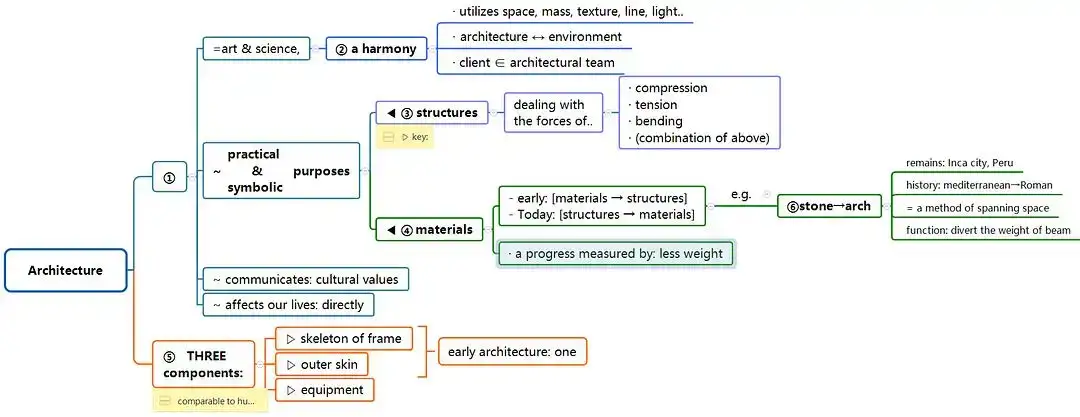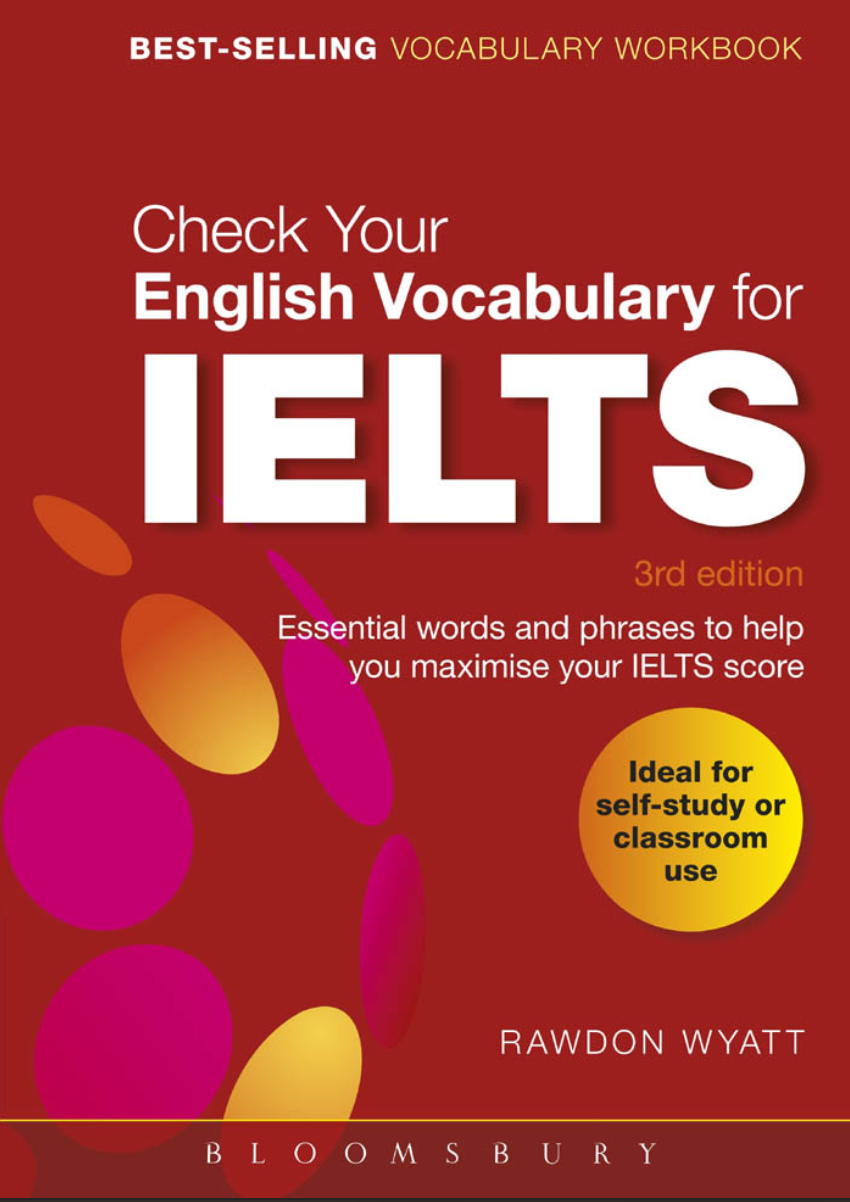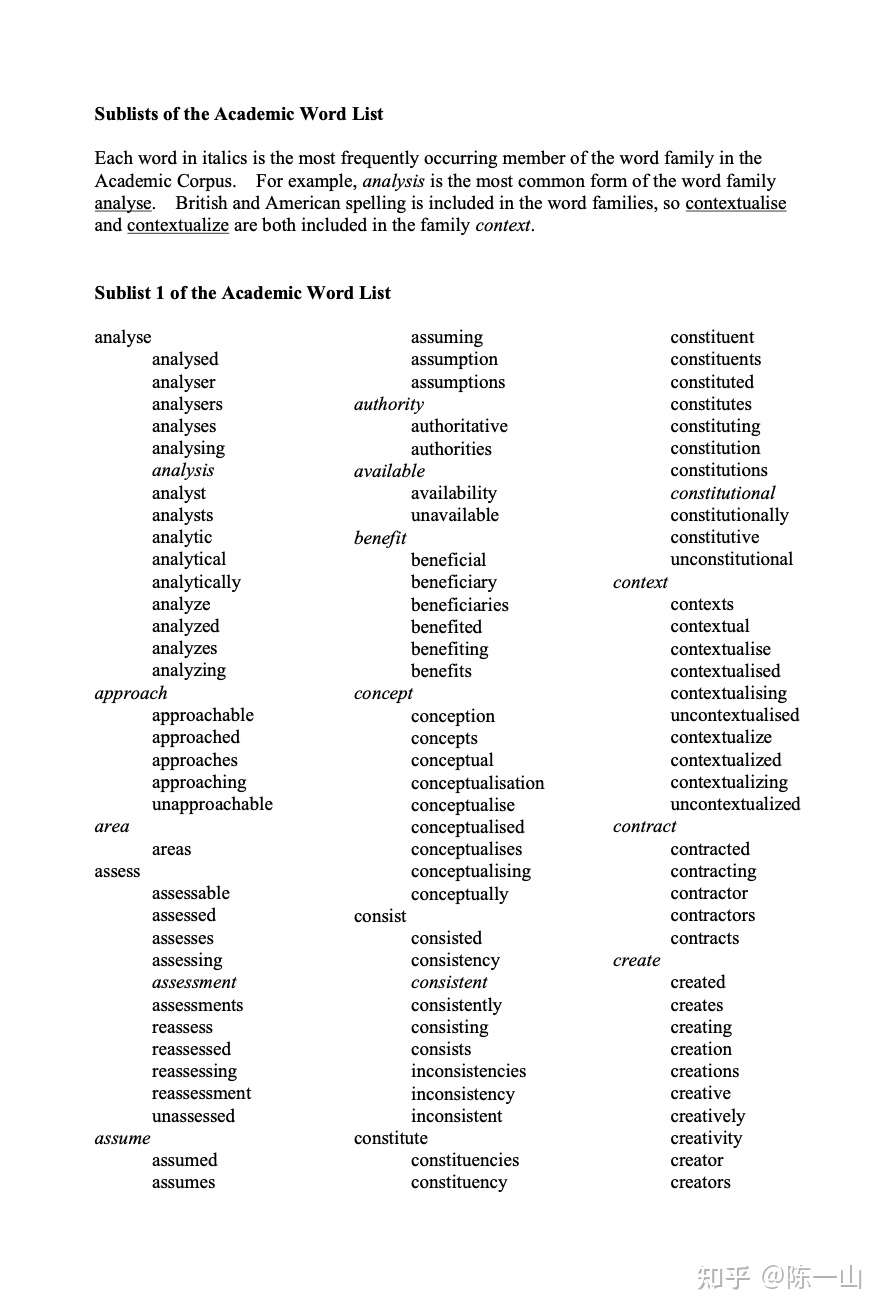Reading is the subject that can be improved the fastest among the IELTS subjects. I believe the following 5 common methods can help you improve your reading score quickly.
1. Pay attention to the article structure
Many people say that IELTS only tests details, but this description is wrong. IELTS also has structure questions, main idea questions, usually paragraph content, title questions, multiple choice questions, character viewpoint matching questions, etc.
If you still use the method of detail questions to answer this kind of questions, it will be a waste of time. The simple method requires you to grasp the structure and main idea of the article. In fact, this method is to get the article and infer the outline of the article. The specific method is:
1. Scan the first and last paragraphs. Generally, these two paragraphs are the main points. All structural questions should be closely related to the main points. Those that are contrary to or irrelevant to the main points generally have problems.
2. Read the first sentence of each paragraph, which is usually the central sentence, and the content after the word "but", such as "but" and "however". These are what the article wants to emphasize.
3. When practicing, you can draw the logical structure of the article as follows:

4. When taking the test, summarize this central sentence into a keyword and write it next to the paragraph for easy positioning. Use this information to find the answer to the structure question. However, not all articles need to be structured in this way. Generally, the first article is a detail question, and it is only necessary from the second article onwards. So read all the types of questions before reading the article and then decide how to answer them.
2. Be familiar with synonymous paraphrasing
Synonymous paraphrase is the basis of the entire IELTS test. Here are two ways to improve it.
Link similar words
This actually requires daily accumulation. When memorizing words, group together common words with similar meanings, such as "good", "important", and "but". This way, when you write, you can change the recipes and avoid repeating them, just like eating pasta in the north. I recommend a book called "Check Your IELTS Vocabulary", which is about grouping similar words together, and it is also improved through practice.

Practice Synonymous Paraphrasing
Another way is to paraphrase, which is also the most frequently tested skill in IELTS. Often, one meaning can be expressed in different ways, and the commonly used ones are: positive to double negative, positive to negative antonym, active to passive, emphatic sentences, etc. To practice, you can refer to how the IELTS questions and the original text are converted, and get familiar with some of the methods used in the questions. After you are familiar with it, you can probably guess what the original text is when you see the question.
3. Be familiar with confusing routines
The reading routine is somewhat similar to the listening routine, but there are also differences. The main routine of the reading question is mainlyHowever, but, these transition words contain the key points, while the ones before them are just a passing mention..
For example, in the Jian 16 test 1, there is an article about the step pyramid:
This construction method is related to China and India, but there is no doubt that this construction method originated from a king in a certain era in Egypt. Question: What does this paragraph talk about? A talks about other places following suit, and B talks about the fact that everyone has no doubt about. The answer is B after "but"
4. Master professional vocabulary
First of all, we need to clarifyProfessional terms are not tested in IELTSThese professional terms are mainly used in various disciplines, such as Methodology and Photosynthesis. Even if such professional terms appear, an explanation will be given. IELTS only tests academic terms that are used in all disciplines, such as analysis, creation, development, and evolution.
Use placeholders to replace professional terms you don’t understand
So when you see a professional word, don't panic, try to find the definition first, thenReplace it with a placeholderThat’s it. For example, if you don’t know what Photosynthesis is, just use “P phenomenon” instead of it. This will not hinder your subsequent understanding.
Why? When you are learning, you will encounter new words like this. The way to deal with it is to understand it as a placeholder and provide an explanation later in the article. For example:
The fourth part of the listening section of the Cambridge 16 test 1 has a word called Stoicism, which is a school of philosophy. Most people don’t know it. So when you understand it, just know the S-school and don’t be distracted by this professional word.
5. Strengthen academic vocabulary
As I just said, this type of words is the vocabulary that needs to be tested. If you find that you don’t understand the verbs in various readings, it means that you are not familiar with this type of vocabulary. This type of words is mainly used to express a more accurate meaning when learning, such as:
造 can be "create" (newly created), "manufacture" (made), or "production" (made for film and television post-production). The specific choice depends on the context. But they all have the same meaning of "造".
Expand basic academic vocabulary
Can search“Academic word list” (AWL), Zhihu has a lot of resources. If you need permission, you can contact me.

I believe that these methods that I have used from personal experience can help you get through the difficulties. In the end, just adjust your mindset and focus on yourself. Other people’s opinions and attitudes have nothing to do with you.Please like, follow and share to let more people see this experience. You are also welcome to sign up for ourIELTS Courses.